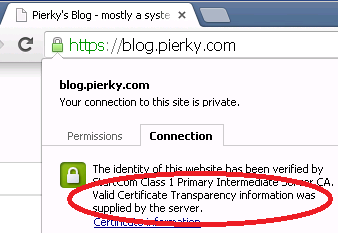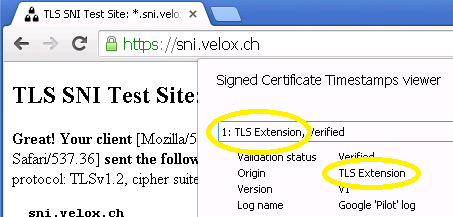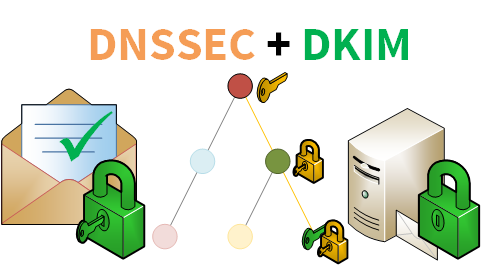After reading the interesting post by Stéphane Bortzmeyer on RIPE Labs (How Many RIPE Atlas Probes Can Resolve IPv6-only Domain Names?) I wondered how many RIPE Atlas probes used DNSSEC aware resolvers, so I tried to setup some measures and some comparisons.
As also expressed in the aforementioned post, it should be noted that RIPE Atlas probes can’t be used to represent general behaviors of Internet users; they are excellent “toys” in the hands of network engineers but nobody can ensure that their configuration reflects the one used in production environments by users or by servers or by applications.
Read more …



